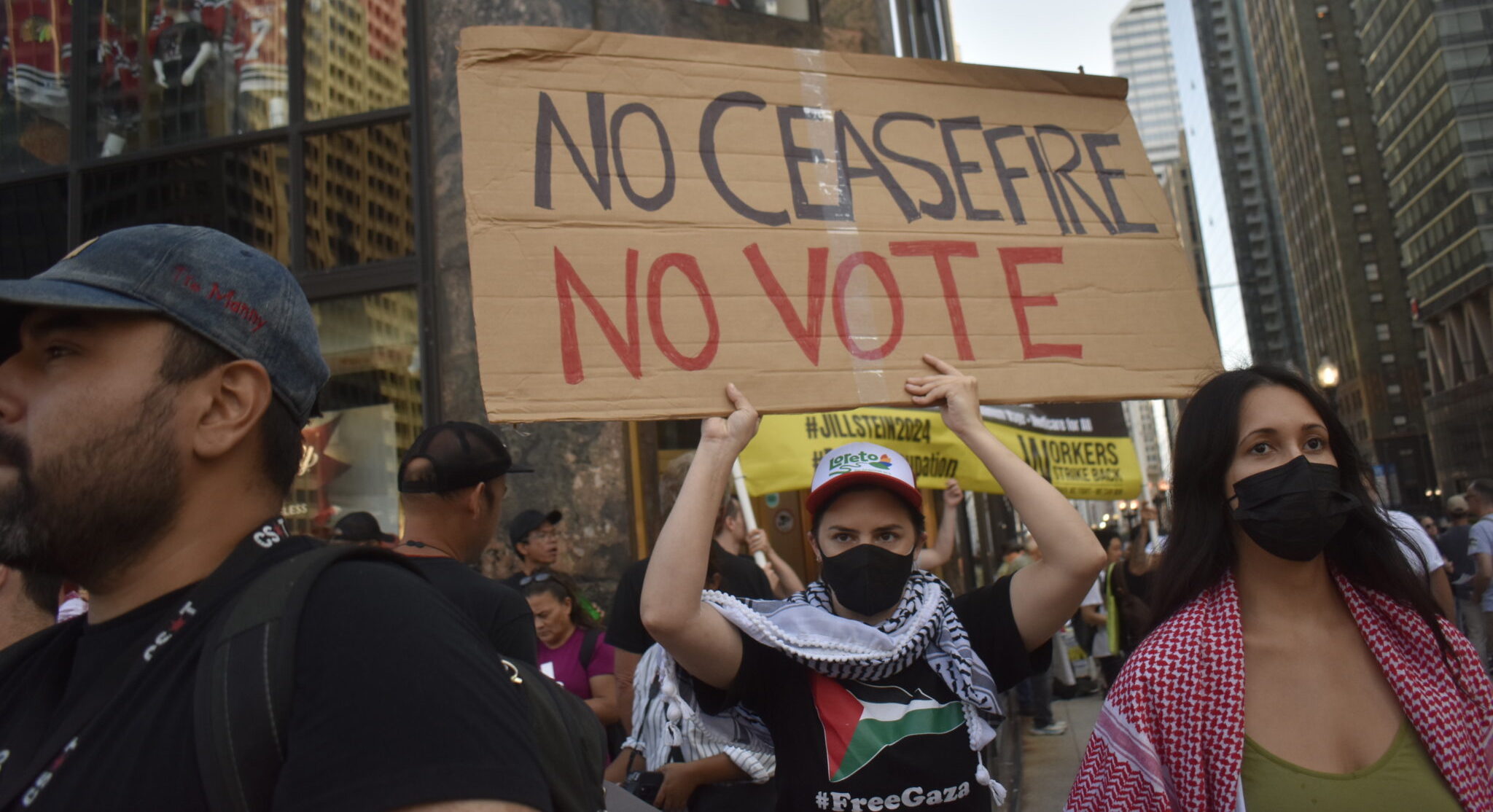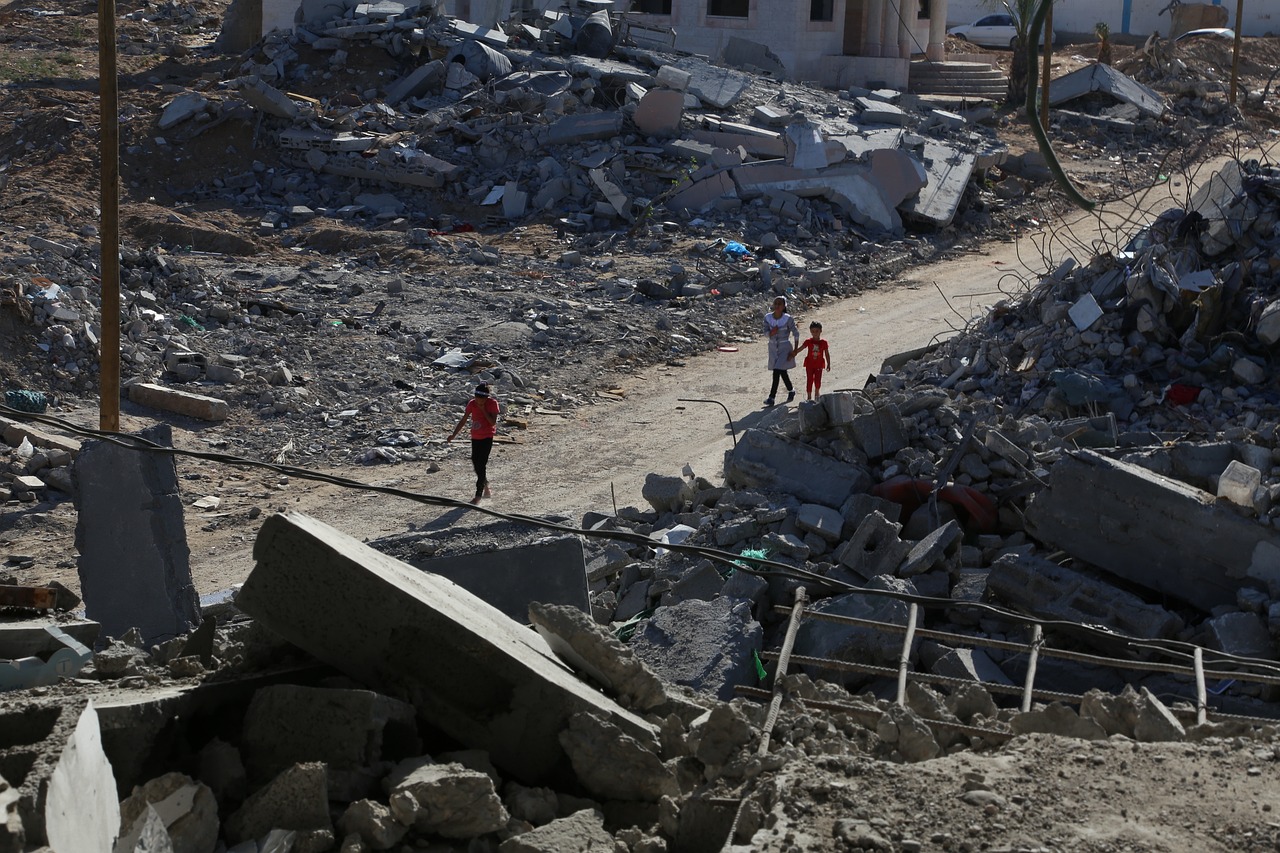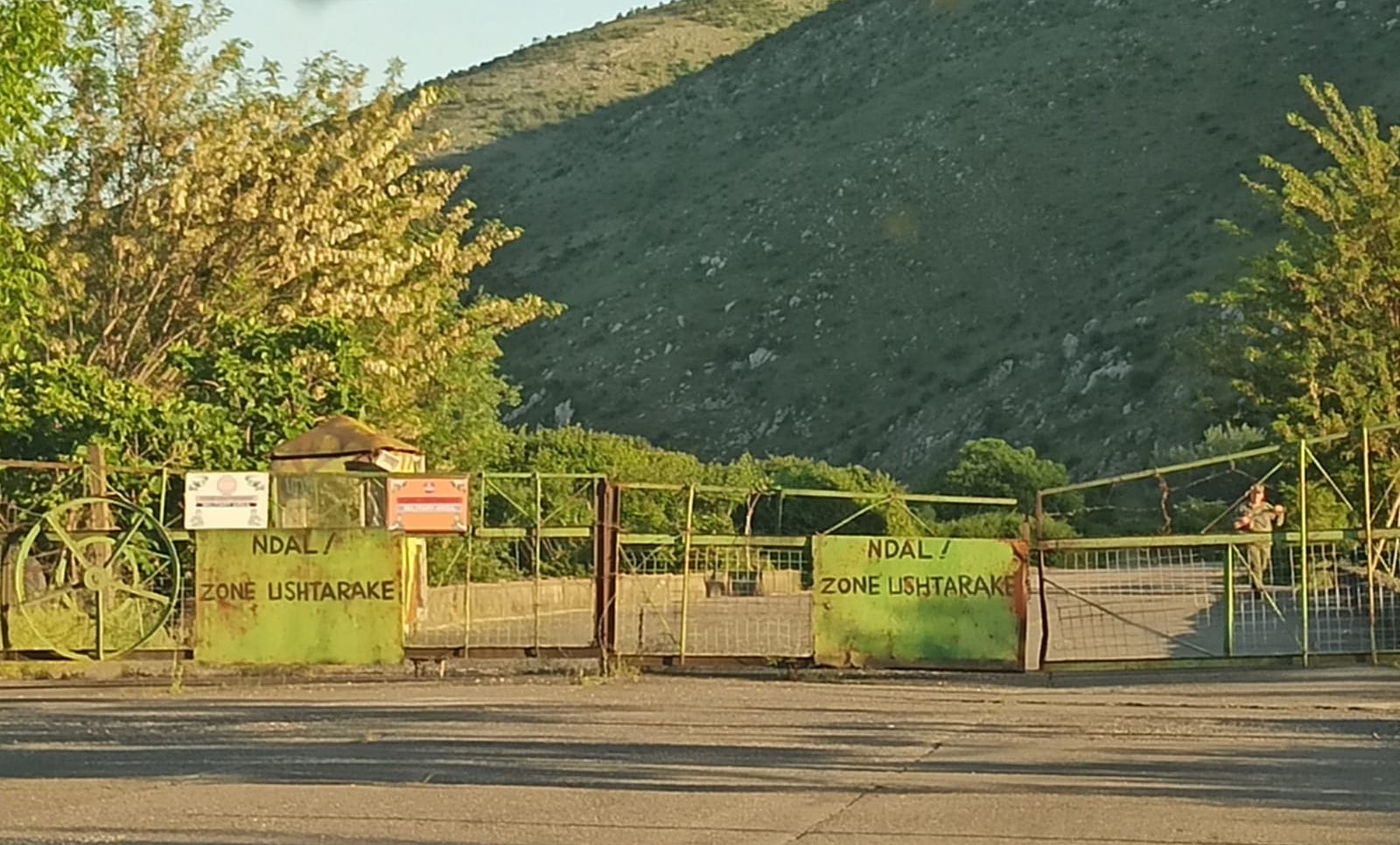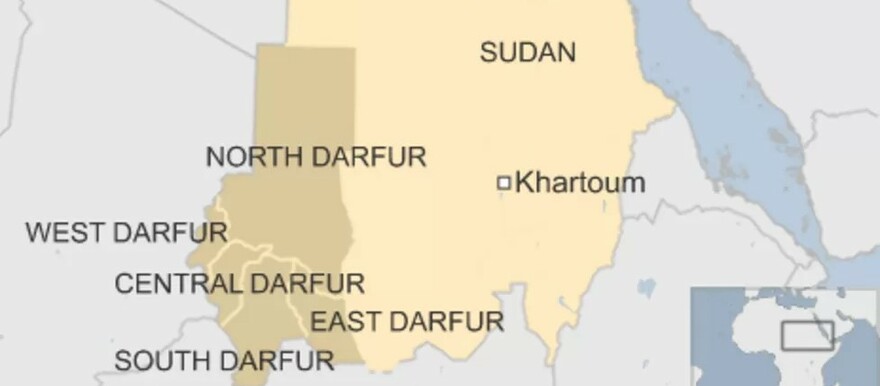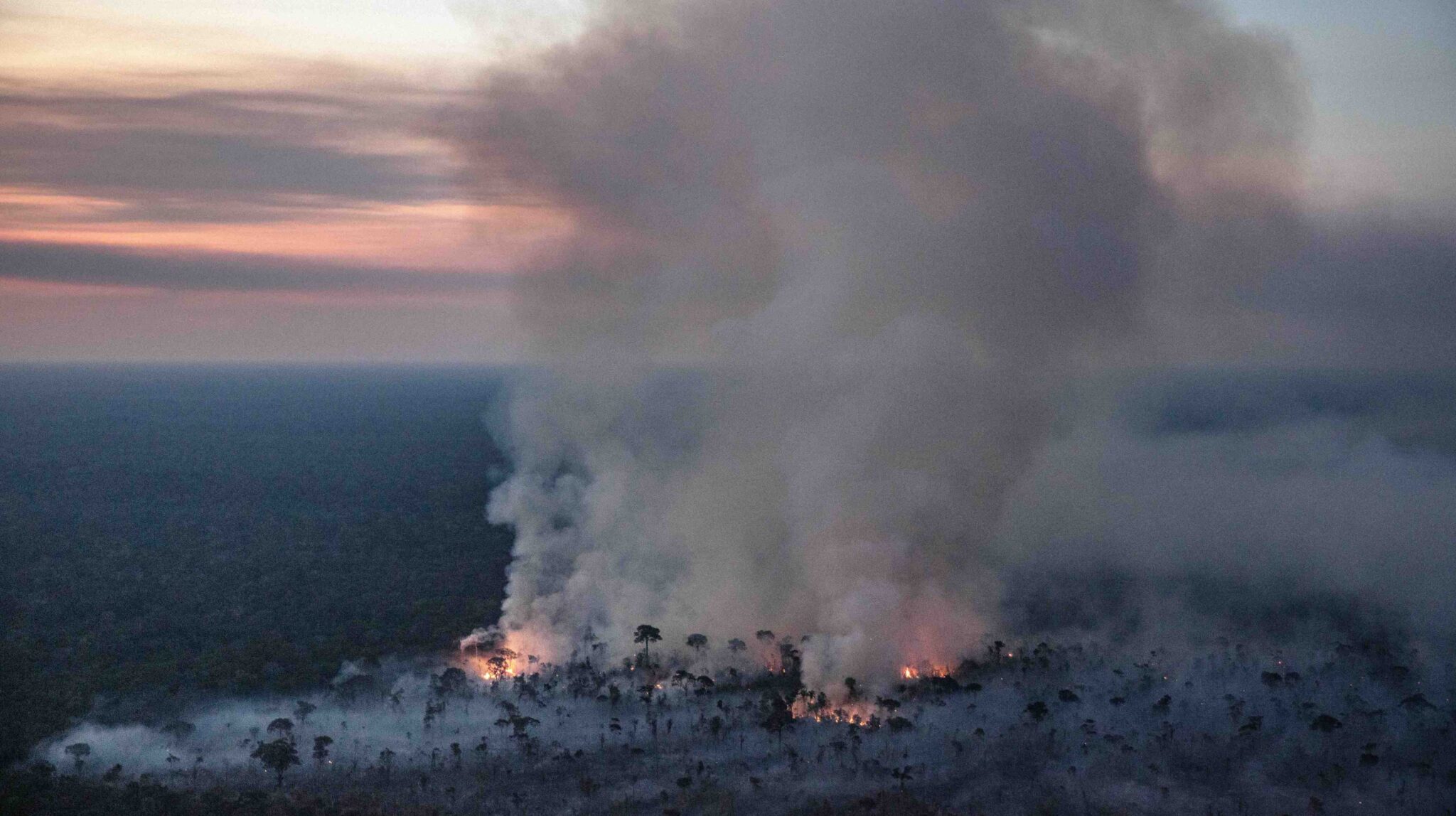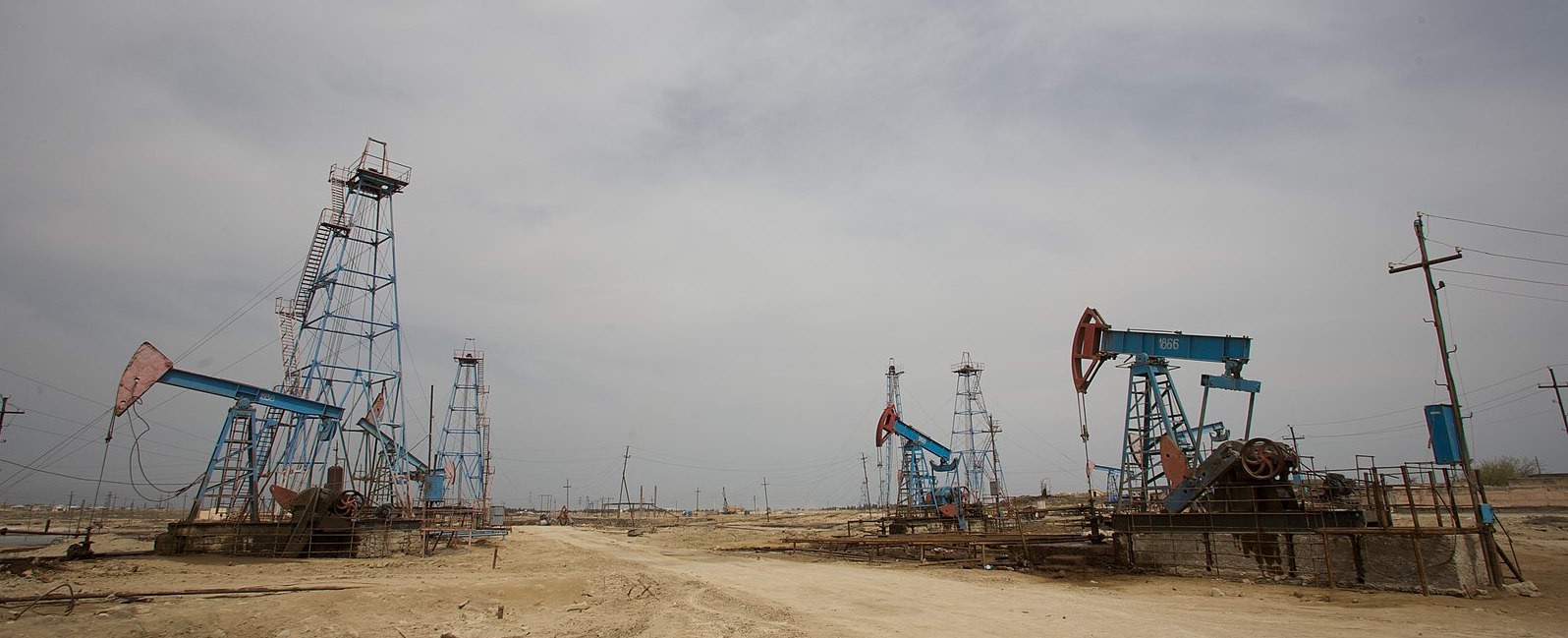
Global carbon emissions hit record high in 2024
Global carbon emissions from fossil fuels have hit a record high in 2024, with still no sign that they’ve peaked, according to a “carbon budget” assessment by the UK-based Global Carbon Project. Researchers found that burning of oil, gas and coal emitted 41.2 billion tons of carbon dioxide into the atmosphere in 2024, a 0.8% increase over 2023. When added to emissions generated by land-use changes such as deforestation, a total of 45.8 billion tons of CO2 was emitted in 2024. At this rate, the researchers see a 50% chance that global warming will exceed the 1.5 Celsius warming target set by the Paris Agreement within six years. The findings come as the UN climate talks open in Azerbaijan, where the parties are ostensibly negotiating ways to meet the Paris targets. But the leaders of the biggest carbon emitters—those nations responsible for 70% of 2023 emissions—did not bother to attend the gathering. (Photo of Azerbaijan oilfields: Indigoprime via Wikimedia Commons)




